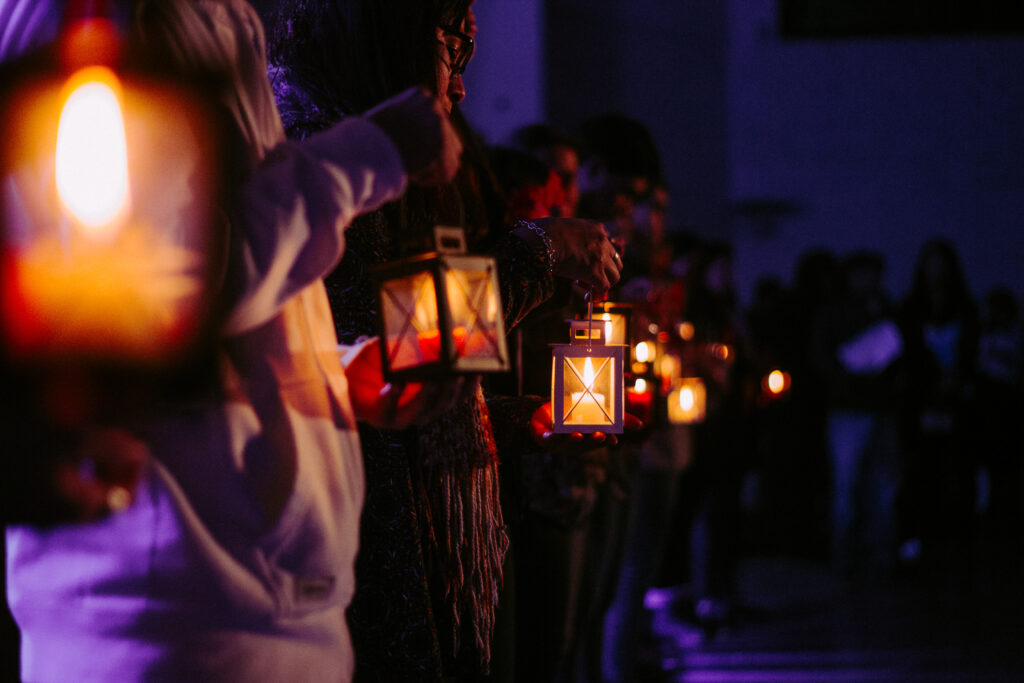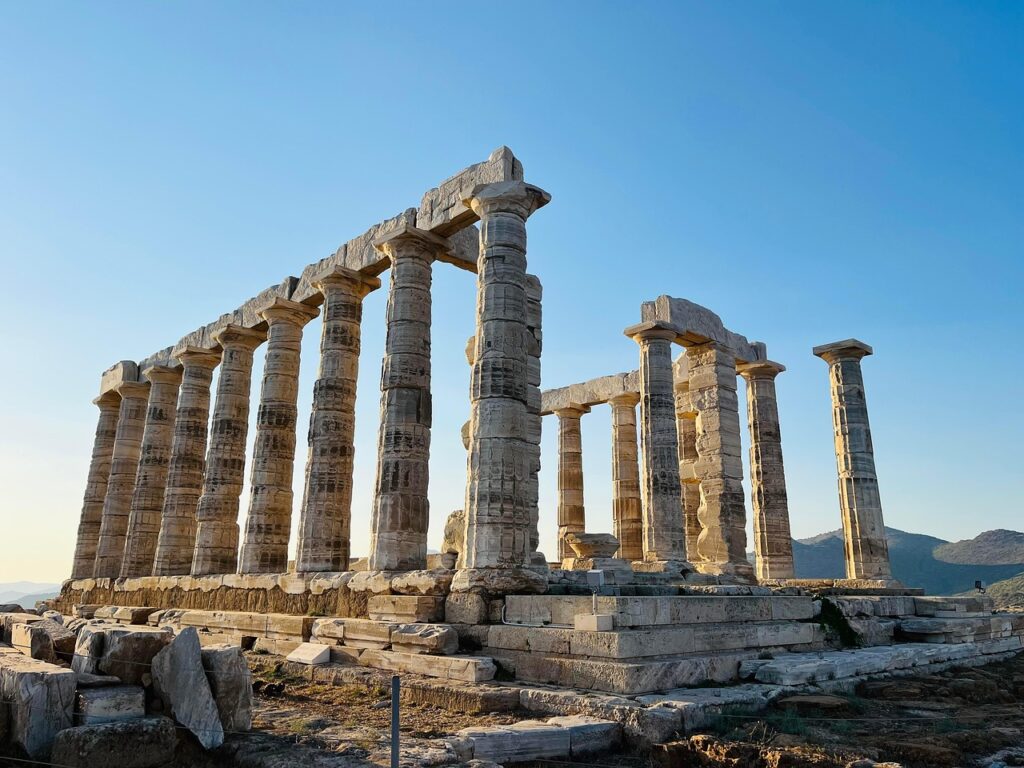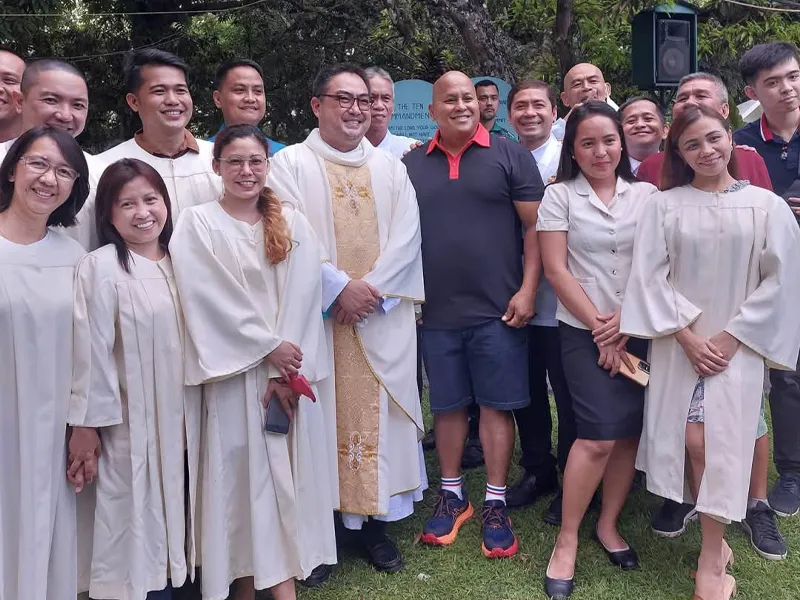Reflection by Bishop Enrique Díaz: “The bridegroom is coming, go out to meet him”
XXXI Ordinary Sunday

Bishop Enrique Díaz Díaz shares with the readers of Exaudi his reflection on the Gospel for this Sunday 12 November 2023, entitled: “The bridegroom is coming, go out to meet him”.
***
Wisdom of Solomon 6, 12-16: “Wisdom is found by those who seek her”.
Salm 62: “Lord, my soul thirsts for you”.
I Thessalonians 4, 13-18: “Those who die with Jesus, God will take them with him”.
Matthew 25, 1-13: “The bridegroom is coming, go out to meet him”.
The invitation to a wedding feast is one of Jesus’ favourite themes. He understands the Kingdom of Heaven as the fullness of love and the sharing of joy. And that wedding can mean the betrothal of the Loving God to his people, the awaited bride. Jesus always speaks to us of love and invites us to participate in that full celebration. And it would be the first teaching to let us question ourselves about how we are responding to this call of love. But this parable also enters into an atmosphere of polemic and provocation. Jesus seems to continue to reproach the scribes and Pharisees for their inconsistency and lack of coherence in their search for God. They who had been the first to be invited, they who had the lighted lamps in their hands, now find themselves rejected because they did not have the oil of faith, mercy and brotherhood in their lamps. They have forgotten what is most important and have been filled only with appearances and vainglory. Many scholars are struck by the fact that the wise virgins are not reproached for their selfishness in denying a little of their oil to those who lacked it. But the call and the response have primarily a personal meaning. God calls us to his love in such a personal, concrete way that no one can answer for us. The response must not only be of a moment but must always be current and actual. Like love, it is not enough to have once said “I love you”, it must be manifested in words and deeds at every moment. This is the sin of the Pharisees: they thought they were already saved. Is it also our sin?
At the same time Jesus also shows us in this parable the urgency of vigilance. In describing the Kingdom of God as one of the most joyful and participatory feasts, to be excluded is to miss the most important thing. The story of the virgins puts us in an atmosphere of crisis that listeners would easily pick up as a wake-up call not to miss the opportunity to participate in the great feast of the Kingdom. But in these accounts of the coming of the Son we always find a double intention: they contemplate both the present and the future. They are addressed to the present moment: “be attentive, be watchful, you do not know at what hour he is coming…” but with an eye to the future. It is a question of convincing the disciples that the future coming is a threat to their present life, that it is today that the changes of tomorrow will be prepared, that the present engenders the future. The reading of this Sunday’s texts requires this double attention. Jesus is coming: let us keep our eyes fixed on this coming; but Jesus is also coming today: let us be attentive and ready to welcome him. For St Matthew, being ready means listening to and putting into practice the words of Jesus today. It means to be always renewing “the oil” of love and service – how different from the haughty attitudes of security that we sometimes display! The oil of Jesus’ love is always restlessness, always searching and always attentive. One can become tired and fall asleep, but neither slumbering nor passivity is allowed. Indifference and laziness are not allowed
Some are worried that if the groom is late, he will have to bear the consequences and not the poor young women who have been waiting for him for long hours. But it is not an evangelical attitude to calculate and accommodate to situations without the presence of the Lord. The danger is twofold: on the one hand, to be unconcerned and to indulge in the good life, because the Lord delays; on the other hand, not to have the patience to wait for his coming. Vigilance must be continuous. Love, service and dedication are not improvised, they are attitudes that are assumed for life and no one can “fill” our heart with the love of others. Already the first reading put us in a state of search and restlessness to find wisdom. And it asked for a heart worthy of letting itself be found by her, rather than reaching her by its own strength, for she is sitting at the door of the one who sincerely seeks her. This paradoxical description in the Book of Wisdom of the encounter between man and God is very beautiful; of man who wanders and wonders for the One who has already found him, and of man who finds the One who does not cease to seek him. When we stop, when we feel satisfied and full of ourselves, when we become saturated with our own oils, no one can fill our emptiness. We become like useless lamps, dark and useless, like lamps without light.
This parable is not about instilling the fears and anxieties that evangelical preachers are so fond of. It is not about instilling a fear that frightens and manipulates man’s actions. The parable puts us in another dynamic: the dynamic of encounter and of a festive encounter at the wedding feast. We must open ourselves to the reality of the God of Jesus: a joyful God, who prepares a banquet to receive us, who is able to understand our tiredness, our dreams and our weaknesses, who wants our happiness to be always greater in our hearts and to share it in the universal feast. Whoever dries his lamp or fills it with selfishness, excludes himself from the feast. Let us not be afraid of the fatigue, the sleep, the frustration that are always present in our communities. Let us learn to live in watchful waiting, with the oil of love and service in our lamps, with the dynamic illusion of meeting the Lord. How often do I let myself be carried away by indifference and apathy? Do I await the coming of the Lord with illusion and hope, or am I sleepy and frustrated? In what practical things of love and service do I show that I am waiting for the Lord?
Good Father, enlighten our hearts with the light of your Spirit so that with dynamic hope and continual vigilance we may await the coming of your Kingdom. Amen
Related

He who is without sin, let him cast the first stone: Fr. Jorge Miró
Jorge Miró
06 April, 2025
3 min

Reflection by Bishop Enrique Díaz: Great things you have done for us, Lord
Enrique Díaz
06 April, 2025
5 min

“The priest finds his reason for being in the Eucharist”
Fundación CARF
01 April, 2025
5 min

Family Valued: An international appeal for the family
Exaudi Staff
01 April, 2025
2 min
 (EN)
(EN)
 (ES)
(ES)
 (IT)
(IT)

